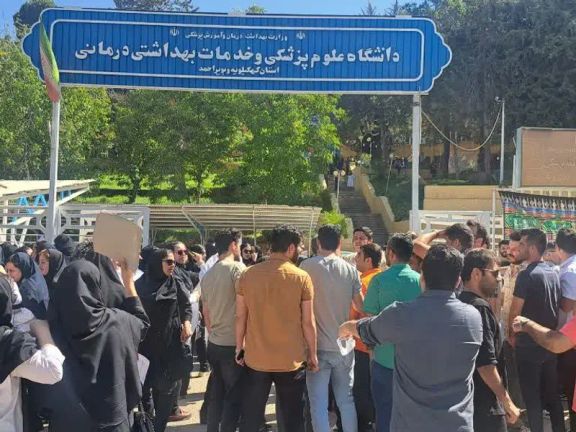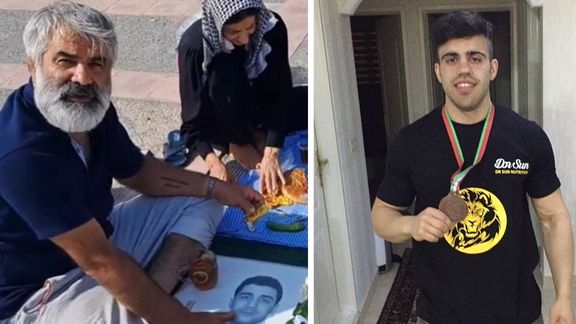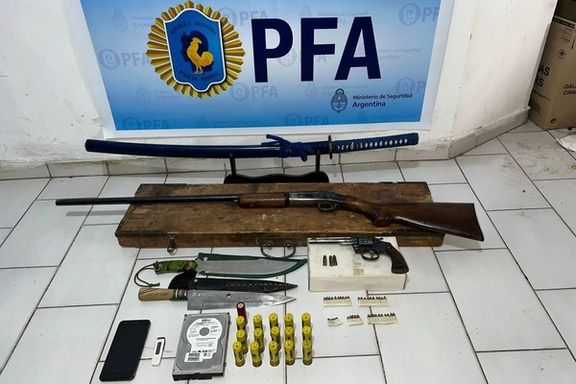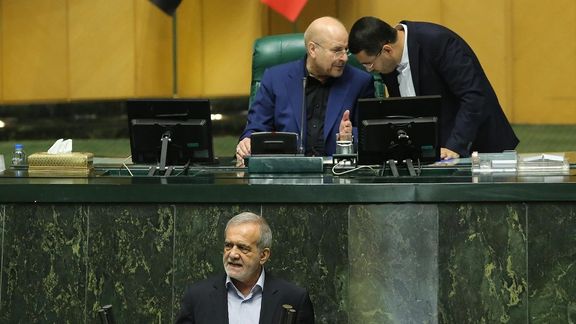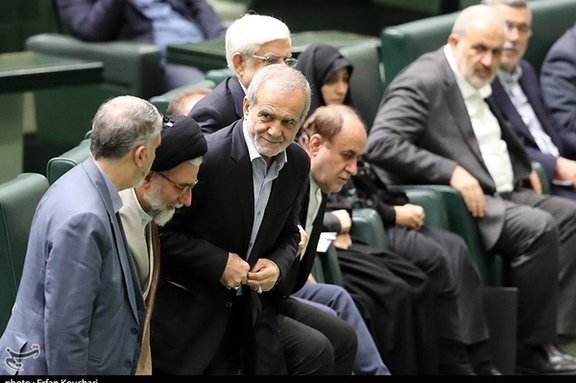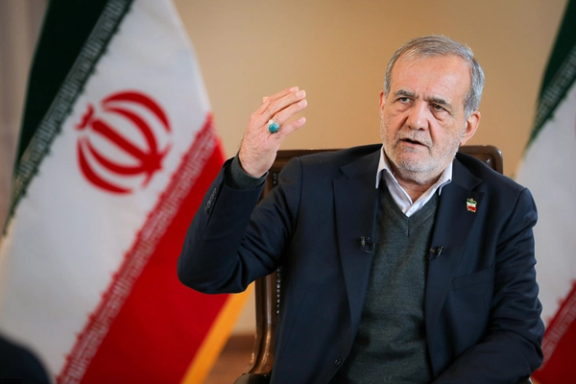In Nazarabad, Alborz Province, a court sentenced Mashallah Karami, the father of executed protester Mohammad Mehdi Karami, to eight years and ten months in prison, according to pro-Bono legal group Dadban on Saturday.
The court also imposed a fine of 19 billion and 200 million rials (approximately $33,000) and ordered the confiscation of his assets, including a car and a house. Karami was charged with “acquiring property through illegal means” and “participating in money laundering.”
These allegations were linked to public donations that Karami’s lawyer emphasized in an interview with Shargh News were entirely legitimate.
Condemning the sentence, Dadban said that the sentence appears to be an attempt to discourage public support for families of executed protesters, rather than a legally sound decision.
Karami’s son, 21-year-old Mohammad Mehdi Karami, was executed on Jan. 7, 2023, following what rights groups have condemned as an unfair trial based on forced confessions. He was executed in connection with the nationwide 2022 "Woman, Life, Freedom" protests sparked by the death of Mahsa Zhina Amini in police custody.
Rights groups have criticized the detainment of Karami as part of a broader campaign against families connected to the protests.
Simultaneously, Iranian bodybuilder Sahand Nourmohammadzadeh, another protester from the 2022 uprising, was forced to return to Kahnuj Prison in Kerman Province.
Despite needing further medical treatment for his deteriorating vision, he was sent back to the remote and harsh facility where he is serving a 10-year sentence in exile.
Initially sentenced to death in November 2022 for "enmity against God" after allegedly damaging and setting fire to public property, his sentence was reduced following a retrial in April 2023.
His lawyer, Hamed Ahmadi, warned that without proper treatment, his client could lose sight in his right eye.
Nourmohammadzadeh was temporarily released in March 2024 for eye surgery, but he was returned to prison before his treatment could be completed on Saturday, raising serious concerns about his health in prison.
His father, previously revealed that his son was taken to the gallows three times for mock executions, underscoring the psychological torment he endured during his imprisonment.
In a farewell message on Instagram Saturday, before going to prison to serve his sentence Sahad said: "I’m at a loss for words...Goodbye...I hope no one else ever has to feel this way..."
While the president seeks support for his "government of national unity," the harsh treatment of protesters and their families underscores the widening gap between his promises and the reality of repression, casting doubt on the future of civil liberties in Iran.
